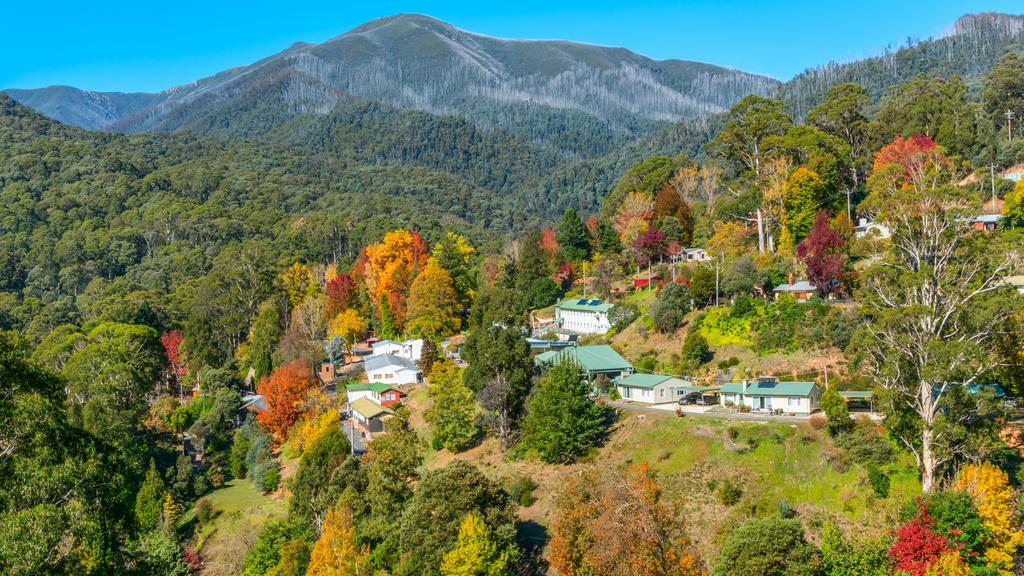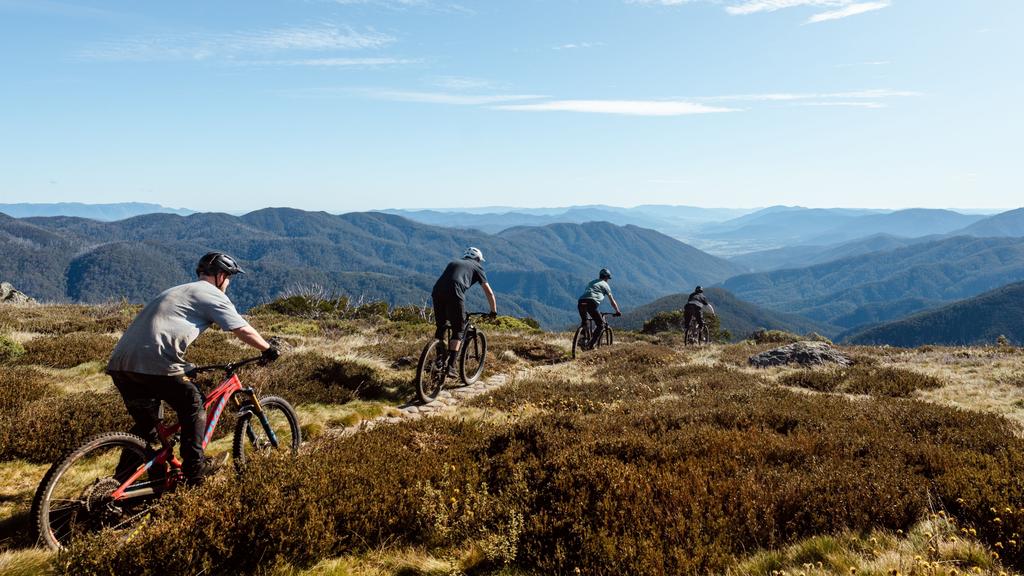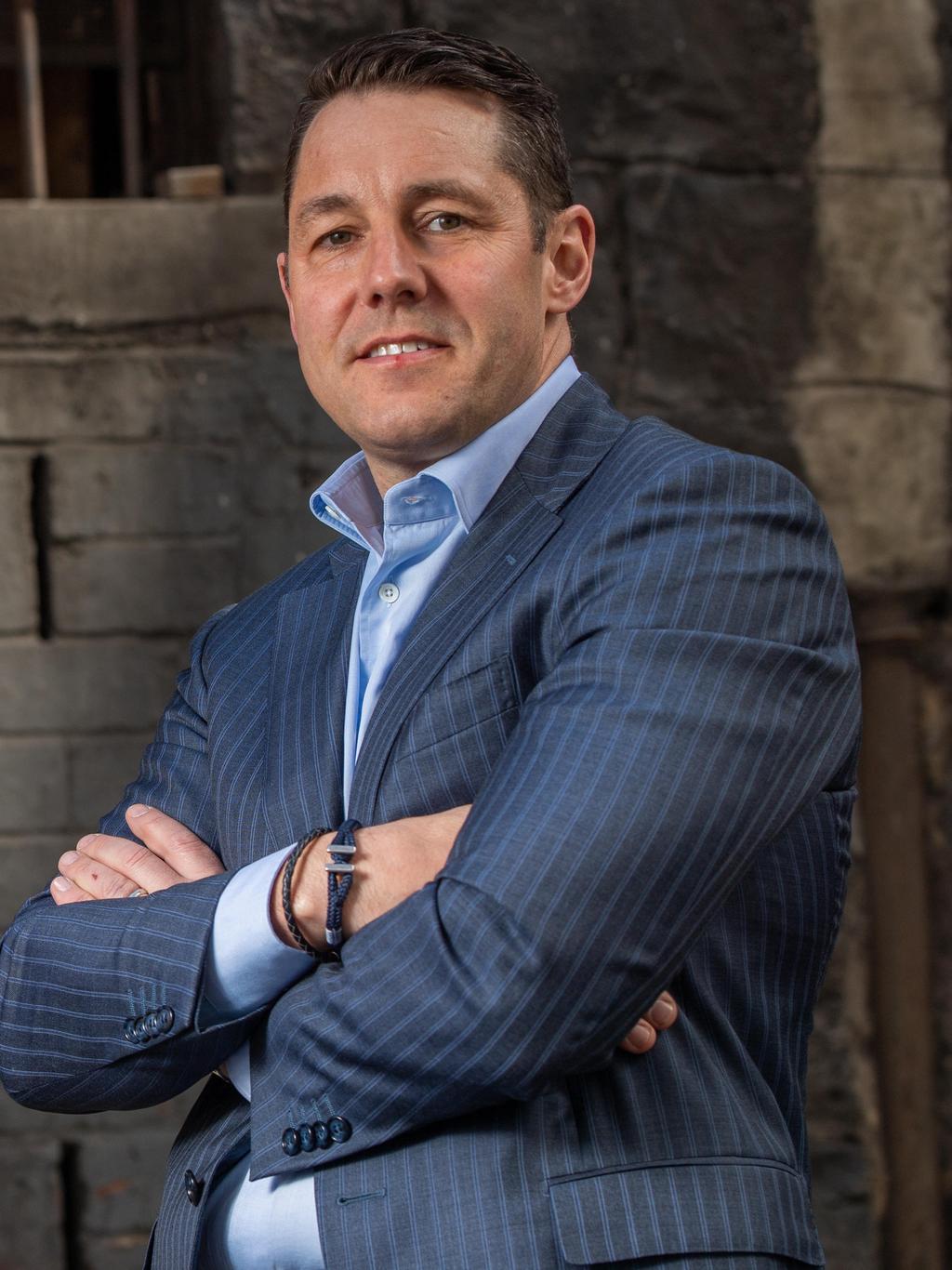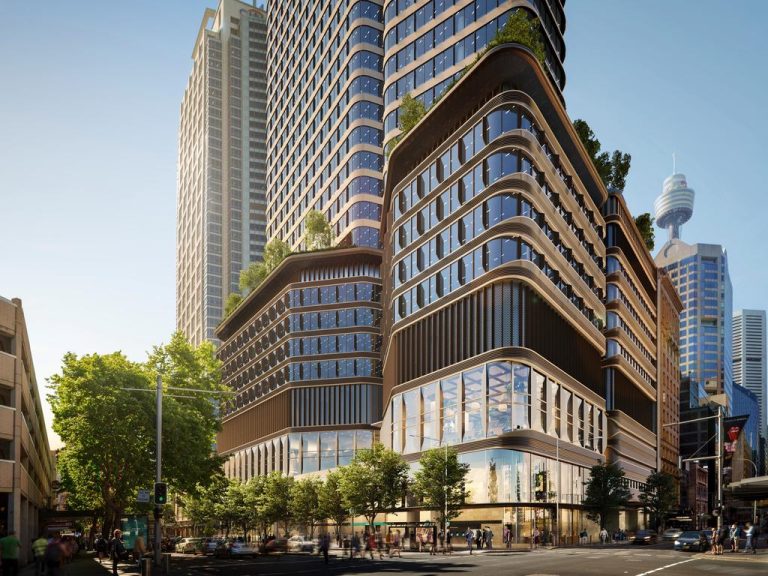Grollo family to redevelop ski village to ease housing crisis for seasonal workers

Bogong Village is set for redevelopment to meet worker accommodation needs.
Melbourne’s wealthy Grollo family is taking an unconventional approach to solving the shortage of essential workers on Victoria’s major ski fields amid the national housing crisis.
The family’s private Grollo Group, headed by Lorenz Grollo, has subleased the dilapidated Bogong Village halfway between Mt Beauty and Falls Creek and will redevelop it into housing for workers.
The Grollo Group operation has ambitions of lifting its overall portfolio to around 10,000 key worker beds round the nation in coming years once it has garnered institutional backing.
“The bigger idea here is to create a new asset class,” Lorenz Grollo said. ”The capital markets are very focused on build-to-rent and student accommodation.”
“We believe we’ve identified a gap in the market for key worker accommodation,” he said, noting the need to house staff near ski fields and other similar operations.
“Our view is we’ve identified this as a new asset class,” he said, with the property expert optimistic it can be grown quickly.
“We think there is certainly an opportunity to get to 10,000 beds, which is a one billion dollar fund,” he said. ”We’re starting to identify opportunities around Australia but also in New Zealand.”
In a twist, this would pitch the company against another branch of the Grollo family in the accommodation space. Building scion Daniel Grollo has bounced back from the collapse of the Grocon building empire and his Home operation has emerged as one of the leaders in build-to-rent units.
He was one of the pioneers in the sector and already has the backing of Singapore sovereign wealth fund GIC while the separate Grocon Group is in the development phase in the ski fields.
Bogon Village was occupied when a 1940s hydro scheme was built by the State Electricity Commission. The village and an associated facility were privatised in the 1990’s and it is now controlled by power company AGL.
The move is a reflection of the nationwide difficulties in securing essential staff during peak periods in tourism hot spots, with hospitality operators in Byron Bay also hit by the shortage of accommodation for workers.
The Grollo family has a long history in the state’s ski fields and will set up an investment vehicle to back its ambitious plans, and it also is proposing worker accommodation projects at Mt Hotham Airport and Mt Buller.
The Grollo Group’s Worker HQ entity owns or controls parcels of land required to complete about $175m worker housing projects at Mt Hotham Airport, Bogong Village and Mt Buller, where 400 beds are planned.
It hopes that they will provide a template for rolling out schemes in other parts of Australia also facing housing shortages.

AGL has transferred the sublease of the Bogong Village to “Worker HQ”, an entity which is part of the Grollo Group. Picture: Chris Hocking
Under the deal, AGL has transferred the sublease of the Bogong Village to “Worker HQ”, an entity which is part of the Grollo Group.
Bogong Village sits on the shores of Lake Guy and was built in the 1940s as workers accommodation during the construction of the Kiewa Hydro Scheme.
Grollo HQ is now refurbishing 27 existing houses, a tavern and other amenities, aiming to bring the site up to scratch to provide much worker accommodation for Falls Creek businesses. The 27 cabins will deliver 200 beds by early-2024 and the beds have a precommitment from Falls Creek businesses.
The Grollo family has invested in alpine businesses for decades and its holdings include the Mt Buller Ski Lifts, hotels, retail, and related services. It also has investments at Mt Hotham and Falls Creek.
Grollo Group property manager Martin Ansell said like many alpine businesses, they had been hit by a “commercially damaging” deficit in key worker accommodation.
He said the group was determined to reduce the damage to their businesses and had developed a key worker accommodation model to help address the issue. It has also worked with ski lift and resort businesses whose staff will stay at the village, as well as governments.

Alpine resorts are a major driver of Victoria’s economy.
The private group will back the overhaul of the Bogong site via a management investment fund structure, which is a variation on a typical build-to-rent model, and will feature both an asset-owning and asset-managing entity.
“We’re talking with potential partners at the moment,” Mr Ansell said. The group could tap investors ranging from industry super funds to wealthy private individuals.
“There is the potential to take this further as well,” he said, noting that capital partners would be brought on as the group progressed on the developments.
Despite the threat of climate change, alpine resorts are a major driver of Victoria’s economy, generating about $1.06bn in and almost 10,000 jobs before the pandemic struck.
While affordable housing supply has emerged as a key fissure across Australia, it is slamming into regional areas, particularly in those where residential accommodation is already scarce, and low-paid seasonal workers need to stay.

Lorenz Grollo. Picture: Jason Edwards
While many businesses have taken to using or converting club lodges and reasonably priced apartments to house staff, this has cut into the number of beds for paying guests, hurting the overall viability of the resorts.
AGL head of hydro, Simon Kelley, said the sublease to the Grollo Group was a “fantastic outcome” for the local community and tourism in the region with plans to redevelop the village, provide key worker accommodation for Falls Creek, and open the tavern for visitors.
Alpine Resorts Victoria chief executive Amber Gardner said there was a “significant need” for appropriate key worker accommodation across the alpine region, “particularly as the resorts continue to grow and greater numbers of staff are required to deliver a high-quality visitor experience”.







